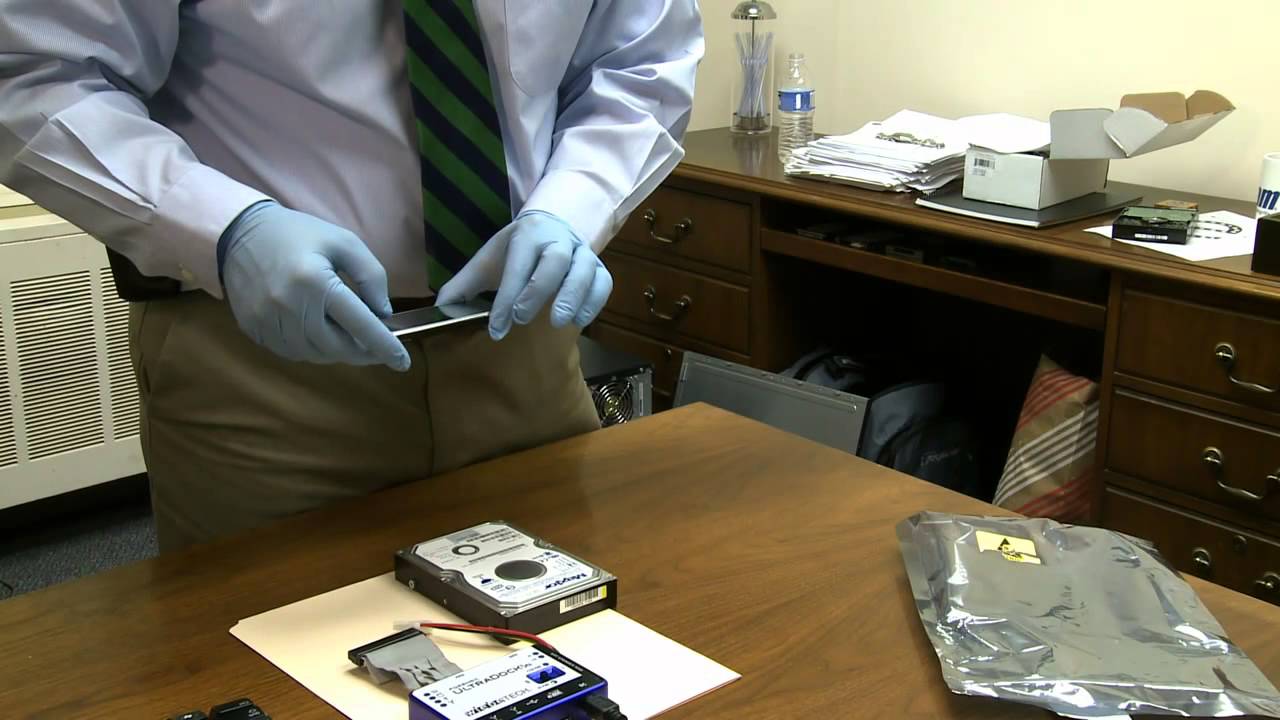
The personal computer (PC) has ushered in a completely new way of living for people worldwide. Every day of the week, hundreds of millions of people spend countless hours on their PCs, tablets and mobile devices to handle their emails, surfing the Internet, add to or modify simple and complex files, and limitless other online activities…but so does the criminal element.
The bad guys are very active in the information revolution and use the very same devices you may be using, but for unlawful, personal gain. All too often their computers provide the actual means of committing crimes. Some of the uses include the availability for thieves to grab your personal records; computers are used to distribute child pornography; a drug dealer, “Madam” or “Bookie” may maintain their client lists in spreadsheet databases; emails may be used to convey threats or sell fraudulent physical objects including stolen property.
This criminal activity also generates a bread crumb trail of digital evidence that, and with skillful removal from the storage devices, will often lead to criminal convictions.
Digital detectives are the newest cadre of specialists in the war against crime, and in-depth training and firsthand experience are basic requirements before the trainee ever touches a computer or smart phone.
Along with the availability of opportunities for the aspiring confidence man or cyberthief, is a naïve, unsuspecting public that actually believes that the internet is a safe place to be. We have seen a dramatic increase in cybercrime over the past several years, and this requires law enforcement and prosecutors to be better able to obtain electronic evidence residing in myriad electronic devices. Electronic records such as computer network logs, email, word processing and image files increasingly provide the cybersleuth with valuable evidence in criminal cases.
There are two primary sources of the law governing electronic evidence in criminal investigations: the Fourth Amendment to the U.S. Constitution and the statutory privacy laws codified at 18 U.S.C. — 2510-22, 18 U.S.C.– 2701-12, and 18 U.S.C. — 3121-27. Although constitutional and statutory issues often overlap on occasion, most investigations present a constitutional concern under the Fourth Amendment or a statutory issue under the above three statutes.
For more specific information, please consult the Dept. of Criminal Justice Manual:(Searching and Seizing Computers and Obtaining Electronic Evidence in Criminal Investigations)
As is always the case, the Fourth Amendment to The Constitution is open to the interpretation by the courts. But case law and the statutes listed above attempt to fill in the gaps. The Fourth Amendment to the Bill of Rights serves as a safeguard against unreasonable search and seizure. So the question that will often raise its ugly head is, do we need a search warrant?
There is no quick answer this. As a general rule, many investigators find it most expeditious to get a warrant. When in doubt-write it out. Of course there are several exceptions that permit warrantless searches of electronic devices. Here are just some of the situations when warrantless searches have been sanctioned by the courts:
Consent Search: First, we need to understand…when does a search exceed the scope of consent? For example, when an individual consents to the search, to what extent does the consent authorize the seizure of information stored in computers at a particular location? Second, who is the authorized party that can consent to the search? May roommates, friends, and relatives give the authority to a search of someone else’s computer files?
Exigent Circumstances: The exception to the requirement for a search warrant applies when one of the following circumstances is present: (1) the evidence is in imminent danger of being destroyed-either accidentally or on purpose; (2) a threat exists that may put either the police or the public in danger; (3) the police are in “hot pursuit” of an individual; or (4) the suspect is likely to take flight before a search warrant can be secured.
Search Incident to a Lawful Arrest: The rulings began with pagers and now it extends to cell phones and other personal electronic devices carried on the person. The courts have generally agreed that the search incident to arrest doctrine applies to such portable devices. But a PC sitting on a desk across the room would not be considered “incident to arrest,” unless, of course, the computer screen was displaying child pornography, which would be in… plain view.
Plain View: To rely on this exception, the official must be in such a position to observe and recognize the evidence for what it is, and the incriminating character seen on the device must be immediately apparent and not subject to individual interpretation.
Inventory Searches: This exception to the warrant requirement is valid when two conditions are met.
First, the search must serve a lawful, non-investigative purpose (e.g., to protect the electronic device while he/she is in custody; thus insuring against claims of lost, stolen, or damaged property; that outweighs the violation of the individual’s Fourth Amendment rights.
Second, the search must follow standardized procedures as reported in Colorado v. Bertine, 479 U.S. 367, 374 n.6 -1987 and Florida v. Wells, 495 U.S. 1, 4-5 -1990
Border Searches: In order to protect the government’s ability to seize contraband and other unlawful property including guns, narcotics and drugs that may enter or exit the United States illegally, the U.S. Supreme Court has offered a special exception to the warrant necessity for searches that occur along the borders extending thousands of miles around the United States.
Conditions of Probation and Parole: Individuals on probation, parole, or supervised release have no expectation of privacy in most matters and may be subject to warrantless searches based on a reasonable suspicion-without any particular suspicion bring apparent.
The Dept. of Justice manual listed above is an excellent source of electronic search guidelines. It was written for use by prosecutors and defense attorneys, but it should be required reading for all digital detectives.


